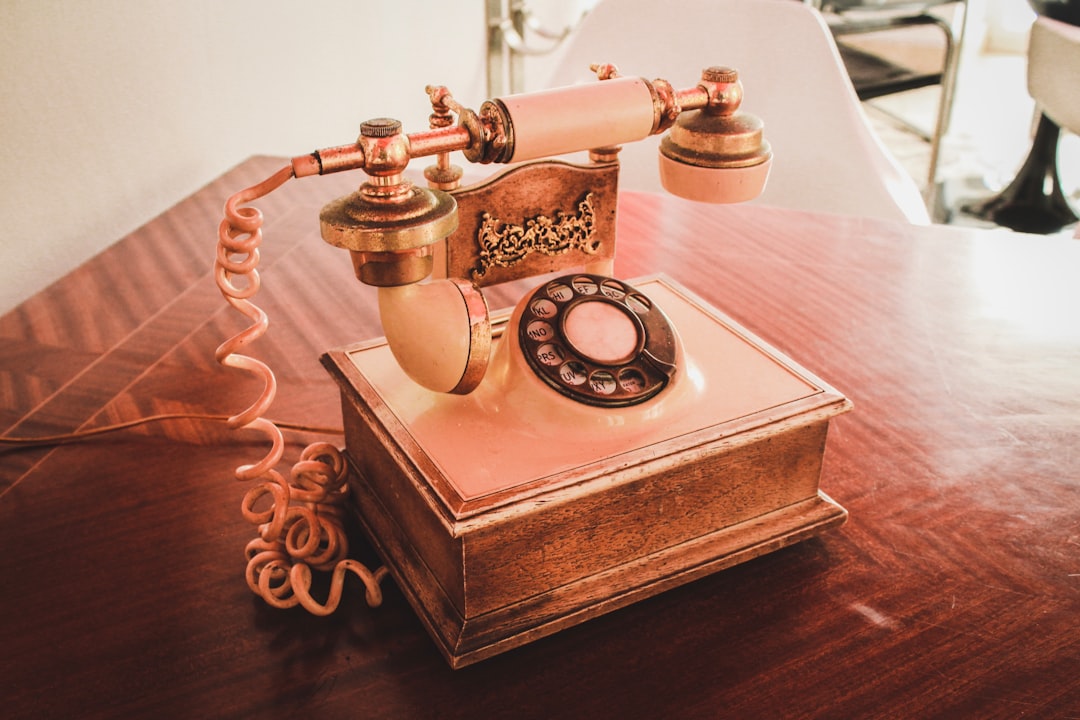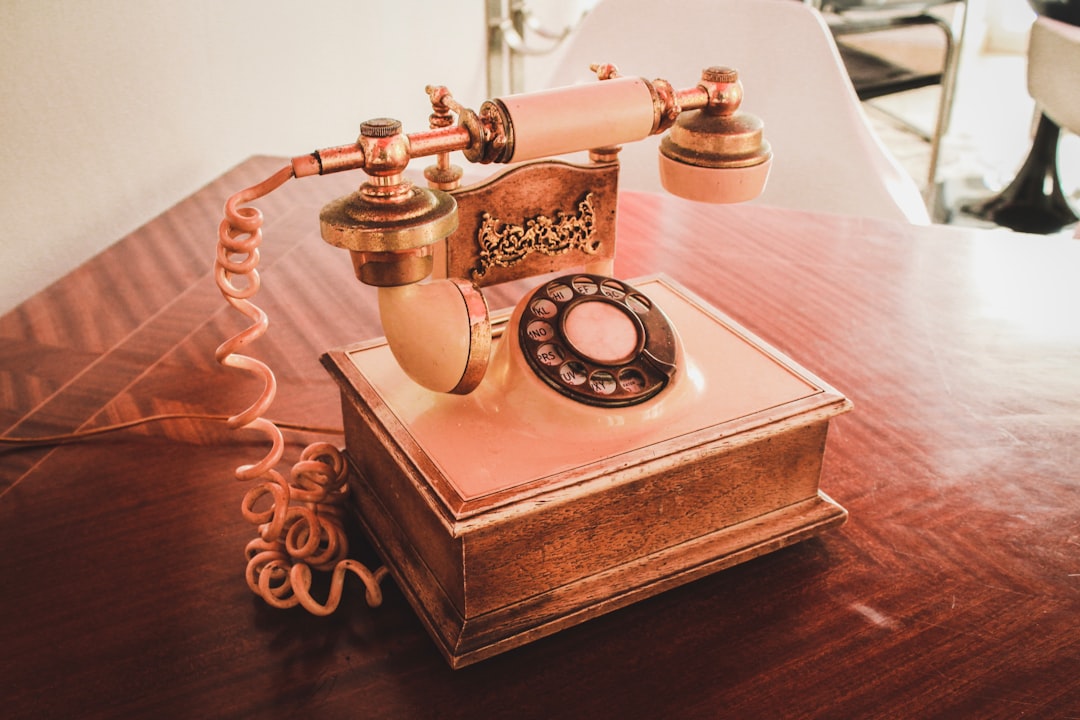Minnesota residents are protected from unwanted telemarketing calls by state law and the Do Not Call (DNC) list. To prevent or stop persistent harassment, individuals can register their numbers on the DNC list, block unknown callers using specialized tools, and consult with experienced Unwanted call lawyers or firms in Minnesota for legal guidance and protection under consumer protection acts like TCPA and UDAP.
In Minnesota, a strong Do Not Call list is more than just a consumer right; it’s a powerful tool to reclaim control over your time and peace of mind. With unwanted calls reaching epidemic levels, understanding and leveraging this list becomes crucial. This comprehensive guide explores the significance of a robust Do Not Call list in Minnesota, from preventing intrusive calls to navigating legal protections. Discover how to build and maintain your list effectively and learn about the legal implications and expert guidance available through an unwanted call lawyer in Minnesota.
Understanding the Do Not Call List: A Consumer's Right in Minnesota

In Minnesota, as in many parts of the country, consumers have the right to opt-out of receiving unwanted telemarketing calls. This right is enshrined in state law and protected by various consumer protection acts. The Do Not Call List (DNC) is a registry that allows individuals to register their phone numbers to prevent them from being contacted by most telemarketers. This list ensures that residents can enjoy peace and quiet without constant sales pitches or scam calls.
For those who have experienced unwanted calls, an unwanted call lawyer Minnesota, unwanted call attorney Minnesota, or unwanted call law firm Minnesota can provide guidance and assistance. These legal professionals specialize in consumer protection laws and can help individuals navigate the process of registering their numbers and seeking recourse if they believe their rights have been violated. By utilizing the services of these experts, Minnesotans can protect themselves from aggressive telemarketing practices and ensure that their right to a quiet home is respected.
The Role of a Strong Do Not Call List in Preventing Unwanted Calls

In today’s digital era, unwanted calls have become a persistent issue, with many individuals in Minnesota experiencing a deluge of spam phone calls daily. A robust Do Not Call list is a powerful tool to combat this problem. This list allows residents to register their telephone numbers and restrict marketing or telemarketing calls, providing much-needed respite from intrusive and often nuisance calls.
By implementing a strict Do Not Call list, Minnesota residents can regain control over their communication preferences. It empowers them to decide who contacts them and offers protection against relentless sales calls, fraudulent schemes, or even harassment. For those facing excessive unwanted calls, consulting an experienced unwanted call lawyer in Minnesota or connecting with a reputable unwanted call law firm can provide legal recourse and guidance on navigating these annoying and sometimes illegal practices.
How to Build and Maintain an Effective Minnesota Do Not Call List

Building and maintaining an effective Do Not Call list in Minnesota is a multi-step process designed to protect residents from unwanted phone calls. The first step involves registering your number with the state’s official Do Not Call registry, which can be done online or through a dedicated app. This initiative, supported by the Minnesota Attorney General’s office, ensures that telemarketers and other callers respect your decision to avoid marketing calls.
Regularly reviewing and updating your list is crucial. Many unwanted calls come from unknown sources, so consider using specialized tools and services that can help identify and block these numbers. Additionally, consult with a qualified Unwanted call Lawyer Minnesota or Unwanted call Attorney Minnesota from a reputable Unwanted call law firm Minnesota. They can provide expert advice on navigating consumer protection laws and ensuring your rights are upheld, further strengthening your Do Not Call list’s effectiveness.
Legal Implications: Unwanted Call Laws and Your Rights in Minnesota

In Minnesota, just like in many other states, there are strict laws regarding unwanted calls, primarily aimed at protecting residents from intrusive and harassing telemarketing activities. The Telephone Consumer Protection Act (TCPA) is a federal law that restricts how businesses can use automated dialing systems and prerecorded messages to make sales or marketing calls, and it’s accompanied by state-specific regulations, such as Minnesota’s Unfair or Deceptive Acts and Practices (UDAP) law. These laws empower residents to take action against persistent unwanted callers.
If you’ve been subjected to repeated unwanted calls, especially from telemarketers or robocallers, you have rights. An unwanted call lawyer in Minnesota can guide you through the legal process of filing a complaint with state and federal authorities. They can also represent you if you decide to take legal action against the offending party. Many unwanted call attorneys in Minnesota offer free initial consultations, so it’s worth reaching out to one to understand your options and exercise your rights under the law.
Choosing the Right Lawyer: Navigating Unwanted Call Cases in Minnesota

Choosing the right legal counsel is a critical first step when dealing with unwanted calls in Minnesota. With various law firms specializing in consumer protection and telephone harassment cases, it’s essential to select an unwanted call lawyer who has extensive experience in this specific area of law. Look for attorneys who have successfully navigated similar cases, understanding the intricacies of Minnesota’s do-not-call laws and regulations.
When selecting an unwanted call attorney or unwanted call law firm in Minnesota, consider their track record, client testimonials, and communication style. A good lawyer will guide you through the process, ensuring your rights are protected while providing effective solutions to stop unwanted calls. They should offer a free consultation to discuss your case, giving you peace of mind and the support needed to combat telephone harassment effectively.






